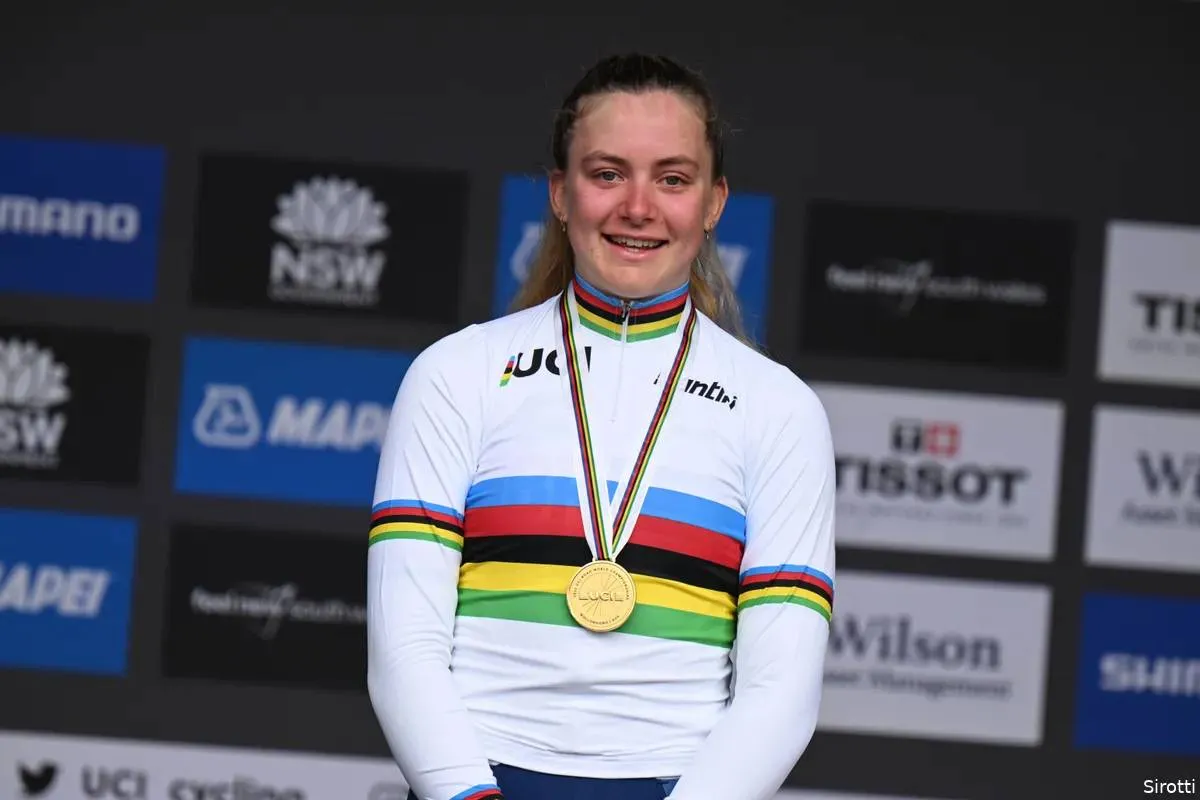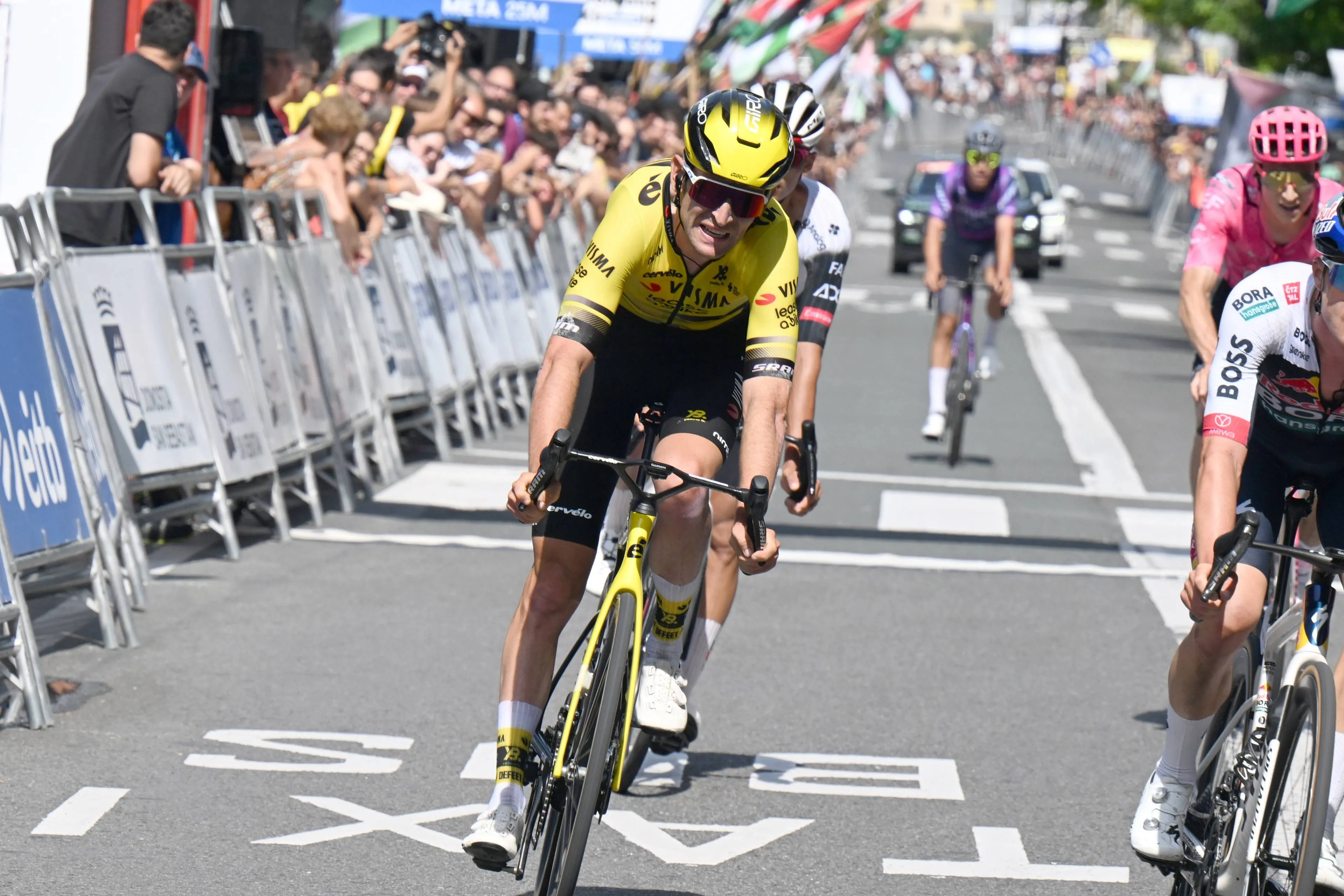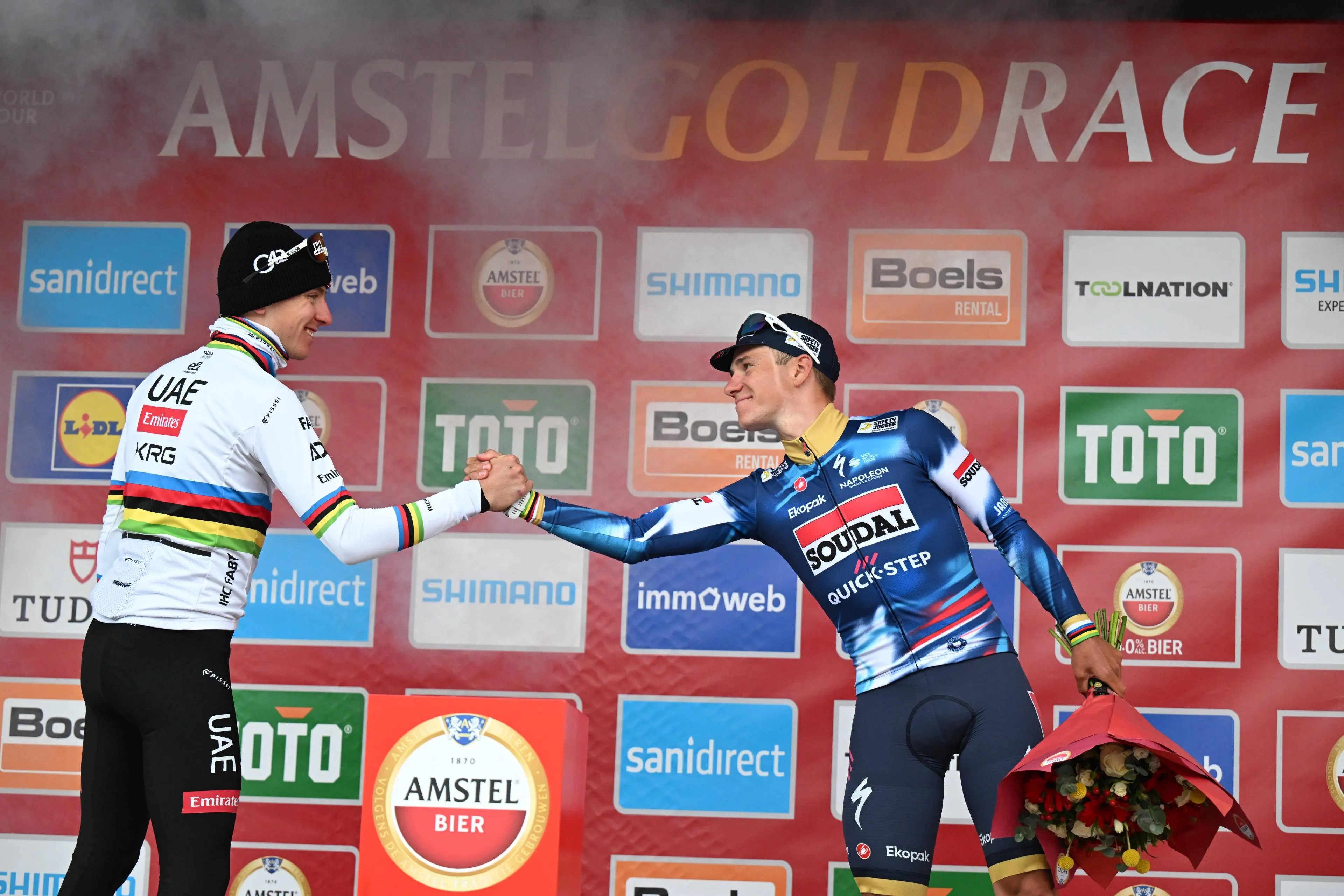Reason for Pogacar’s off day? If it’s not jet lag, Belgian team doctor says he’ll have a problem in the road race
CyclingMonday, 22 September 2025 at 19:14
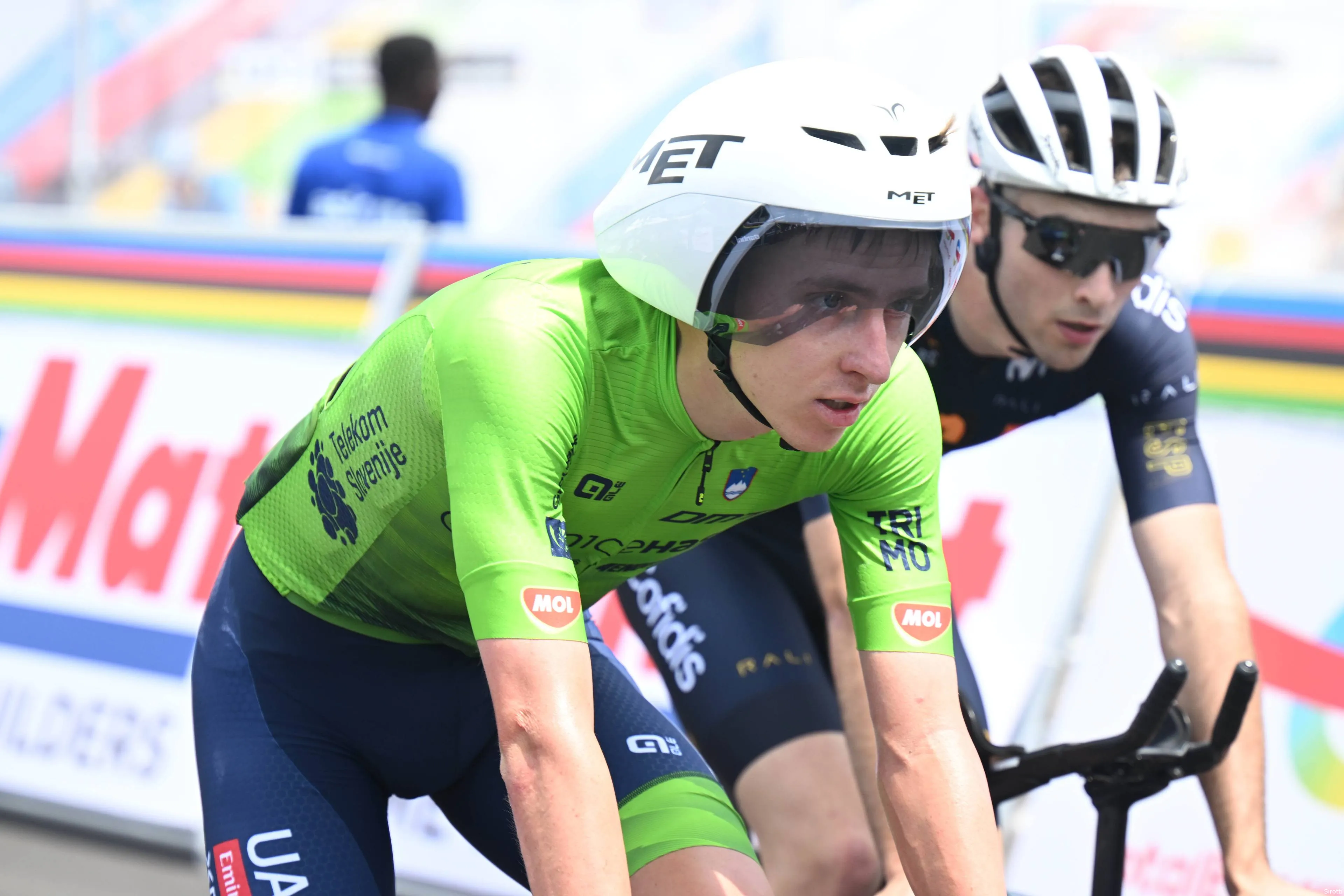
Remco Evenepoel won Sunday's World Time Trial Championships, compatriot Ilan Van Wilder finished third, and UAE rider Jay Vine took second place between the Belgians—no Tadej Pogacar, who was even overtaken by Evenepoel and ultimately finished fourth. The exact cause of his poor performance is anyone's guess, but Belgian team doctor Kris Van der Mieren may have an explanation. This could offer opportunities for Sunday's road race.
ADVERTISEMENT
“I don't want to talk specifically about Ilan, but some riders cope better with altitude than others,” Van der Mieren begins his story at Sporza. Kigali is located at an altitude of about 1,500 meters, which takes some getting used to for riders. "Some riders seem to cope better with this and lose less strength. Ilan is one of the lucky ones who can do that."
The Belgian team doctor explains how this can differ among riders. “You have three engines in your body: the fat-burning engine, the basic engine that supports everything, and needs oxygen. The second engine uses sugars and also works based on oxygen. That is aerobic sugar burning. Finally, the third engine is anaerobic sugar burning, which does not require oxygen.”
ADVERTISEMENT
Continue reading below the photo!
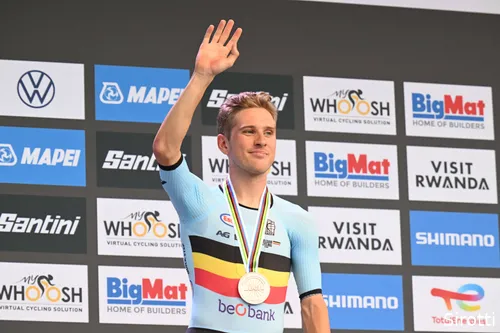
Belgian team doctor explains the body's different engines
ADVERTISEMENT
At altitude, as many people know, there is less oxygen in the air, which makes athletic performance more difficult. "This is true for everyone, but some athletes respond better to it, and that has to do with your physical characteristics, which allow you to make better use of the oxygen that is still present."
So it's mainly about the third engine that Van der Mieren was talking about. "That kicks in when the first two engines, which run on oxygen, fail. During a strenuous effort like yesterday (Sunday, ed.) in the time trial, a large part of your performance is delivered by that third engine."
“That's only possible if you have a natural talent for it, if you've trained for it, and certainly if you have a well-rested body,” the Belgian continues. Those who don't have a well-rested body will find it a lot harder. “A tired body is very poor at delivering high levels of anaerobic performance.”
Continue reading below the photo!
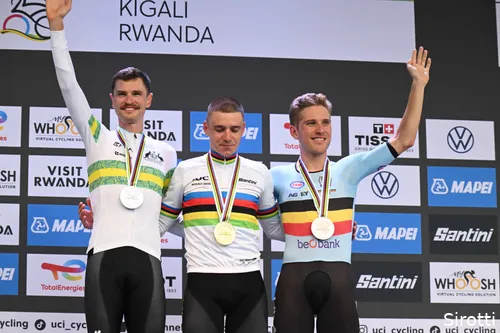
ADVERTISEMENT
Van der Mieren offers a possible explanation for Pogacar's off day: "I don't know his situation"
That fatigue could well be the reason why Pogacar performed so disappointingly in the time trial. "I don't know his situation, but maybe the jet lag is still affecting his body," Van der Mieren suggests. "That could wear off in a week and work in his favor."
Van der Mieren has no certainty, but the Belgian team doctor knows that there could be surprises in store for Remco Evenepoel in Sunday's road race. "If jet lag wasn't the cause of his poor performance, then I think he'll have a tough time on Sunday against a super Evenepoel."
“Again, maybe there's something else going on with Pogacar, but maybe he just wasn't fresh,” Van der Mieren emphasizes. “In my opinion, that's a very important factor, and it won't be any different on Sunday. Anyone who isn't fresh or in good shape won't get a chance here.”
Continue reading below the photo!
ADVERTISEMENT
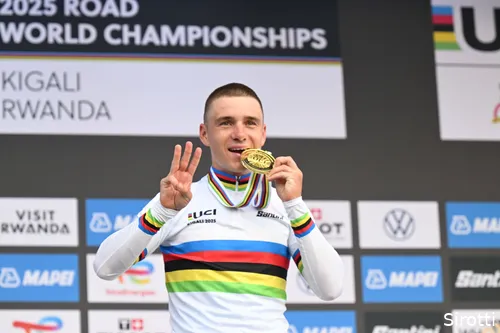
"Anyone who isn't fresh has zero percent chance here"
Rwanda is unforgiving in that respect. "Not being fresh is punished tenfold here. Anyone who isn't fresh has zero percent chance here," says Van der Mieren, explaining the difference with, for example, the altitude in the Tour. “In the Tour, you also ride mountain stages with more than 5,000 meters of elevation gain, but then you're only at that altitude for an hour or two. In Rwanda, they ride the entire race at 1,500 meters.”
"I've been to many World Championships with the national team, but to my knowledge, this has never happened before. That's what makes this World Championship and that time trial so unique. You saw how a rider with a big engine like Pogacar struggled. If you're not acclimatized, you can easily lose 5 to 10 percent of your performance. And the riders definitely feel that," concludes the Belgian team doctor.
Read also
IDL-productions
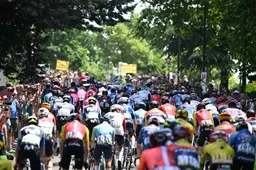
Vacancy: Growth Editor IDL Procycling - (native) English

The future Grand Tour man? Jarno Widar would rather take on Pogacar and the rest somewhere else
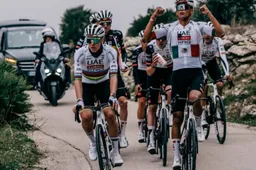
Isaac del Toro steps briefly out of Tadej Pogacar’s shadow: “That’s the idea for 2026”
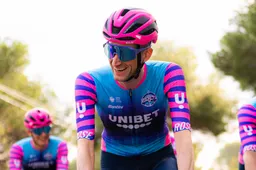
“Then that dream suddenly exists again”: does Wout Poels still have a unique shot at one last cycling wish?
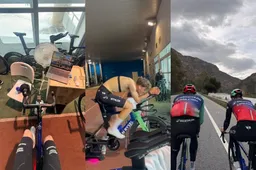
Seixas faces major mental challenge ahead of a season full of Pogacar duels (and the Tour?)
Latest Cycling News

Vacancy: Growth Editor IDL Procycling - (native) English
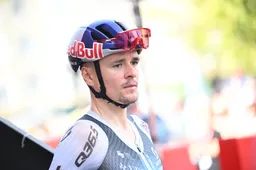
Tom Pidcock resigned: “UAE rode the perfect race”
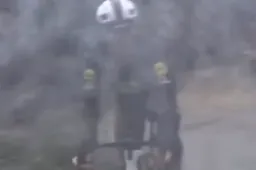
Lidl-Trek suffer another Classics setback in Provence as early breakaway takes stage win
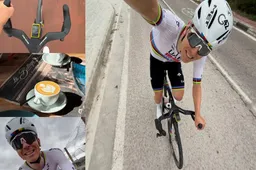
Even on a coffee ride, Tadej Pogačar is putting out outrageous power numbers
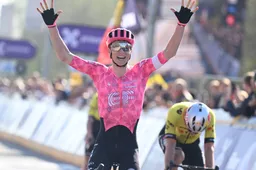
Neilson Powless chooses packed spring despite lingering injury: “Everything before Belgium is a bonus”
Popular Cycling News

Tom Pidcock resigned: “UAE rode the perfect race”

Isaac del Toro steps briefly out of Tadej Pogacar’s shadow: “That’s the idea for 2026”
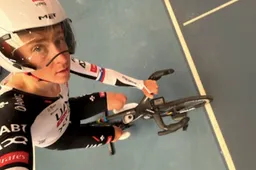
Pogačar winks after bizarre encounter: “A long day ended with losing my biggest fan”
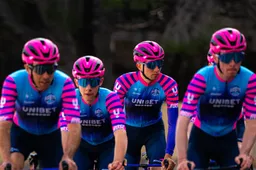
Unibet Rose Rockets invited back to Roubaix (under a new race name), major surprise for Hincapie’s team

“Then that dream suddenly exists again”: does Wout Poels still have a unique shot at one last cycling wish?
Latest Comments
- They were close to cracking a very tired Tadej that wasn't fully focused on the TdF with a team of riders focused solely on cracking Tadej. And if they cracked him, he would have still won. Tadej won't be racing the giro this year. It'll be an even easier win for him.Veganpotter09-02-2026
- Nice!Bea22-01-2026
- Those events are mental rest for him. Fun, without expectations. *Sagan lost his abilities because he gained weight and got lazy. Pogi will likely retire before that has a chance at happening.Veganpotter14-12-2025
- Ah, the consequences of riding for Israel.Veganpotter11-12-2025
- Pidcock could follow everyone but Pogi while finishing 3rd. No second place rider this season😃Veganpotter16-11-2025
- Now the Palestinian protestors can stop their whining. Trump came to the rescue. So they can now STFU and go back to waving the rainbow flags.raufus15-10-2025
- Cracked the code lol. If it was that easy to 'crack the code' jonny Vegas would be charging up the Kwaremont giving Pog a dose of his medicine. Evenepoel can't match pog on a climb and neither can mvdp. Anything with a half difficult climb and Pog smashes the field. Even on flat(ish)parcours like Roubaix it came down to a mistake and crash by pog to definitively crown mvdp. MSR is the only one that Pog probably won't win.kevpt10-10-2025
- We've seen this movie before. I think Pogacar is doping.DeadBlow10-10-2025
- 👍Bea08-10-2025
- 👌🏻Bea08-10-2025
Loading
